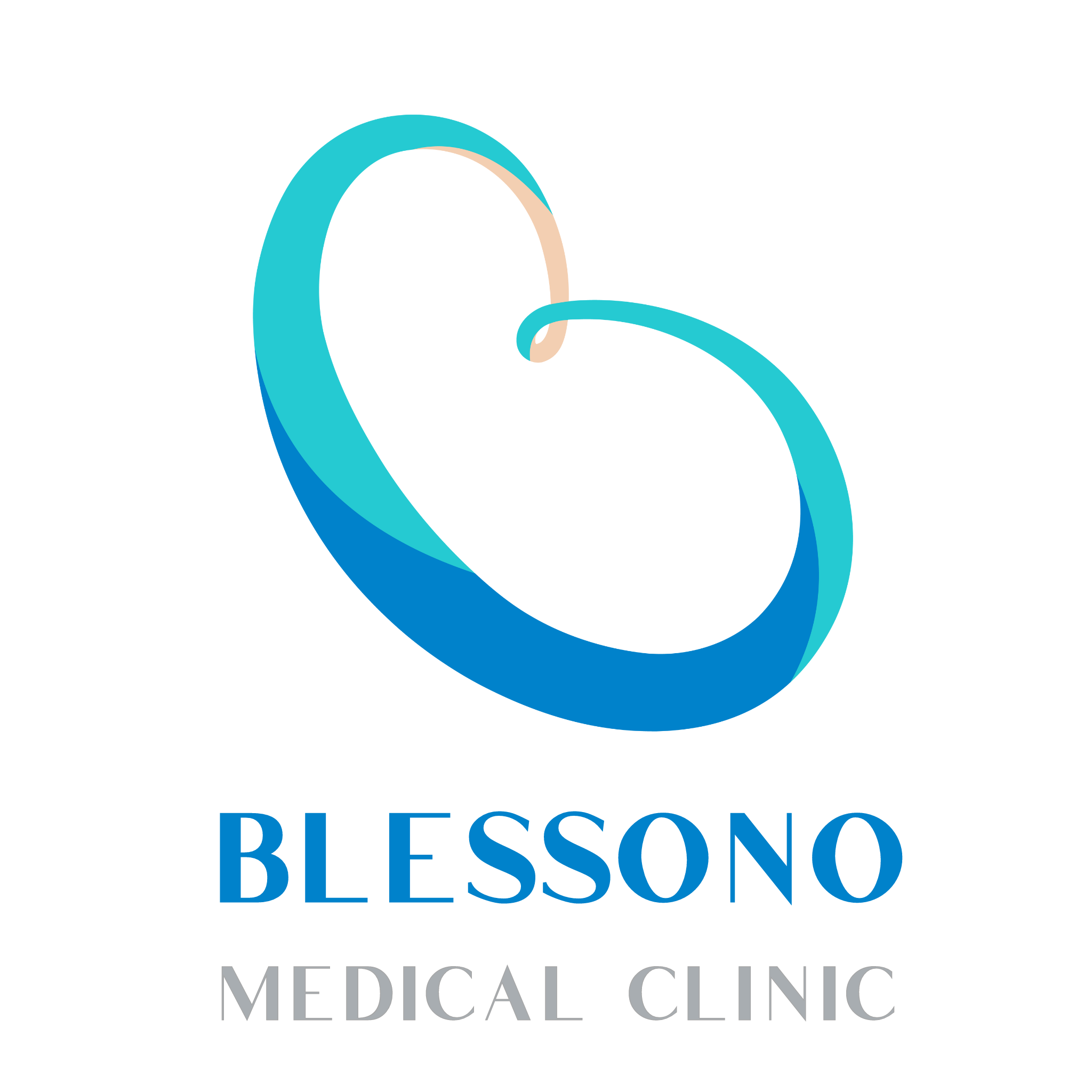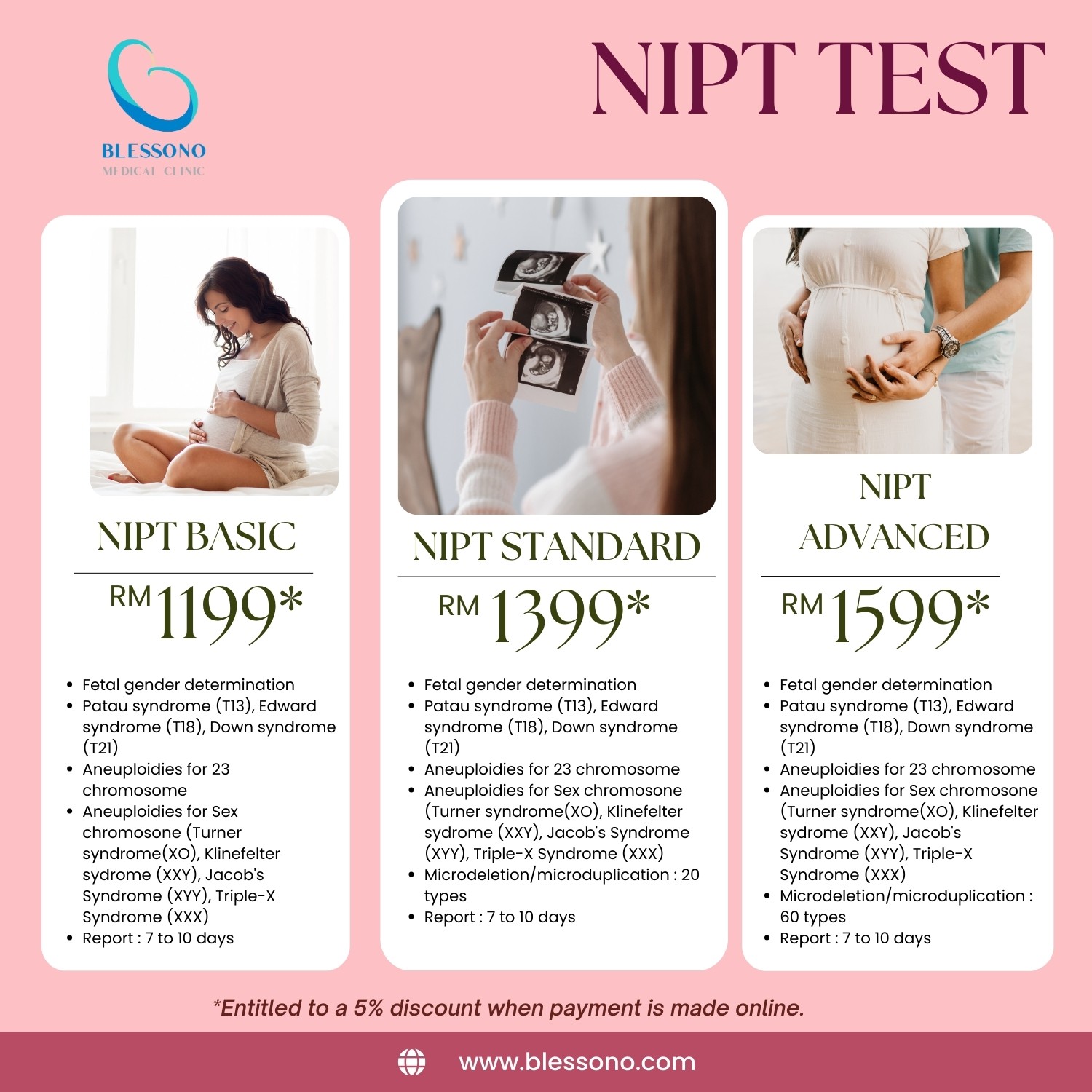For singleton pregnancy, we are able to screen for 22 types of fetal chromosomal aneuploidy, sex chromosome aneuploidies and up to 20 microdeletion/microduplication syndromes. For twin pregnancy, only 22 types of fetal chromosomal aneuploidy and sex chromosome aneuploidies are screened.


